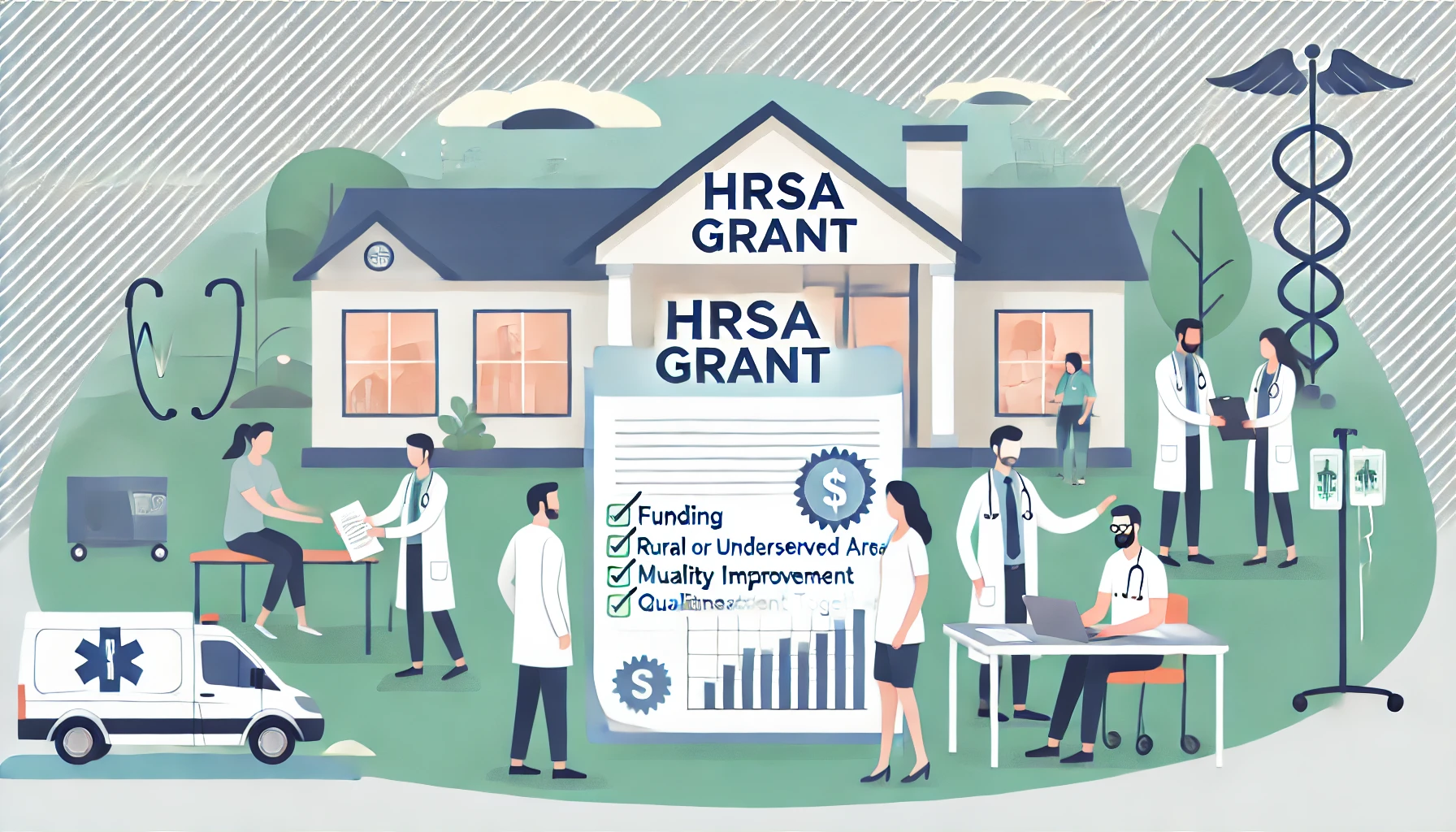
Table of Contents

The Increasing Risk of HAPIs (Hospital-Acquired Pressure Ulcers)
Bedsores, or HAPIs, have proved a risk to safe care. Now, these sores can lead to devastating court verdicts for care providers. Read how to mitigate them.
About Pressure Ulcers
HAPIs, otherwise known as bed sores, decubitus ulcers, or pressure ulcers, are an unfortunate reality for patients, their families, and healthcare providers. An estimated 2.5 million HAPIs are treated yearly in U.S. acute care facilities alone. These open wounds form in immobilized patients and pose a serious risk of infection or even amputation if providers do not take care to prevent them.
These chronic wounds form when pressure is applied to an area of the body over a prolonged amount of time, and usually form in the legs, back, or buttocks. The Centers for Medicaid and Medicare Services (CMS) estimates that these wounds add over $43,000 to a hospital stay. Unfortunately, the commonality of HAPIs is expected to increase - driven by the rising number of diabetic, obese, and elderly patients.

Preventing HAPIs
While pressure sores pose a serious risk to healthcare organizations, most can be prevented through proper wound care. Today’s Wound Clinic notes that several key factors can stop HAPIs from developing and leading to litigation.
- Identify the non-modifiable factors (e.g., hypotension) that may have contributed to a medically unpreventable pressure injury
- Thorough documentation of sores and their development
- Recommend nutritional supplements and check labs
- Be honest and communicate well with patients and family members
- Involve hospital patient safety and risk management departments early
Patients and their family members can also play an active role in preventing pressure sores. Mayo Clinic recommends reporting cases immediately to physicians overseeing treatment. Ombudsmen can also address concerns about ulcers and ensure proper care. Patients and their families may have to turn to Adult Protective Services or lawyers if sores continue. With proper wound care and communication, healthcare staff may not completely eliminate HAPIs, but they can prevent them from worsening and further harming patients, leading to litigation.
How HAPIs Lead to Nuclear Verdicts
Unfortunately, nearly 80 percent of hospitals receive a pressure ulcer penalty. Already a common ailment in health facilities across the U.S., reports of HAPIs significantly increased during the COVID-19 pandemic. Recent tort reform legislation in multiple states opened the floodgates to a wave of malpractice cases, with awards reaching millions of dollars. For example, a Texas jury awarded Jim Walker $1 million for pressure sores he developed due to a defective hospital bed.
Now, severe HAPI court cases are cropping up around the country, especially in skilled nursing facilities. And although some states have maximums on damages for medical malpractice, some plaintiff attorneys will use elderly abuse statutes to bypass these limits. Also, since victims and plaintiff attorneys can sue hospital facilities as well as individual providers, damages for pressure ulcer cases can quickly cost hospitals millions. In the case of Banner-UMC, costs for ulcers reached $6.5 million.
Early Resolution Can Help Resolve HAPI Cases
Early resolution is a partnership between healthcare organizations, insurers, patients, and providers to encourage disclosure of patient harm events and proactive risk management to build a culture
of safety with open communication. For HAPIs, an early resolution approach can build the foundation for an effective defense. According to Pamela Popp, the Chief Risk Officer at Gallagher Bassett, thorough communication and early disclosure of a patient injury like a pressure ulcer can make a significant difference to jurors considering patient damages in potential litigation.
"We did a mock trial for a medication error case with a focus group to evaluate the two strategies. We found that the verdict numbers came down, and more importantly, the deliberations of the jurors, in the situation where they were told where the patient was told that there was an error, the conversation was strictly around damages. On the other side, though, where they were not told that there was disclosure to the patient and family, they escalated the damages tremendously."
To effectively navigate emerging risks, healthcare professionals will need to be proactive in preventing pressure sores and resulting litigation. And although the average settlement for these cases is as high as $250,000, experts state that at least 20 percent of all claims are defensible. For more information about how Medplace's experts and case review platform can help resolve HAPI cases, click here, or fill out the form below.

Why Every Hospital Needs a Quality and Patient Safety Program
Every hospital needs a quality and patient safety program to reduce harm, improve care, and foster a culture of accountability.
.png)
.png)

HRSA FQHC Requirements: A Comprehensive Guide for Healthcare Providers
When it comes to federally qualified health center requirements, there’s no shortage of regulations, expectations, and—depending on your perspective—opportunities.
.png)
.png)

Unlocking Funding: A Guide to Health Resources and Services Administration (HRSA) Grants
Use HRSA grants to fund external peer review programs that enhance care quality, reduce bias, and support compliance in health centers.
.png)
.png)



.png)
.png)
.png)






.png)